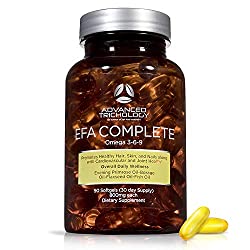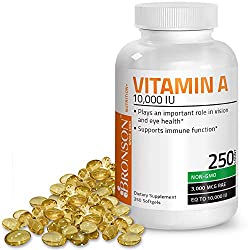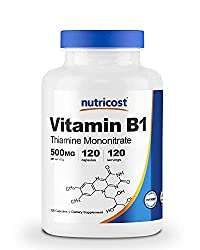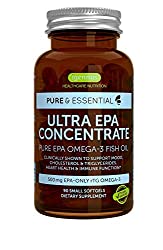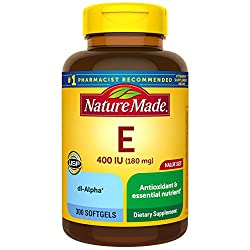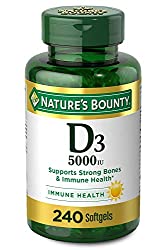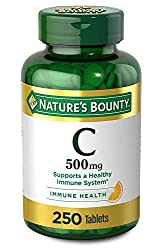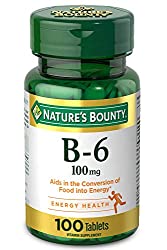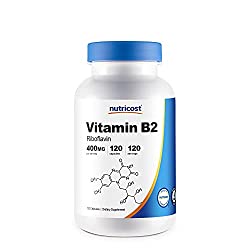EFA Always consult your primary physician when starting a nutrition program with Vitamin EPA. EFAs are a special type of “good fat”. They are also essential nutrients; sometimes called vitamin F. Essential nutrients are necessary for life, but must be obtained through diet because the body cannot make them. EFAs are required for the proper… Continue reading Nutrient Profile – EFA
Category: Nutrient Profile
Nutrient Profile – Vitamins A
Vitamins A Always consult your primary physician when starting a nutrition program with Vitamins A. Vitamin A is the name of a group of fat-soluble retinoids, including retinol, retinal, and retinyl esters [1-3]. Vitamin A is involved in immune function, vision, reproduction, and cellular communication [1,4,5]. Vitamin A is critical for vision as an essential… Continue reading Nutrient Profile – Vitamins A
Nutrient Profile – Vitamins B1
Vitamins B1 Always consult your primary physician when starting a nutrition program with Vitamins B1. Extended Food Lists: Vitamin B1 (Thiamine) & Thyroid Hormone Vitamin B1, also called thiamine, is a B complex vitamin. It is found in many foods and is vitally important to keeping a body operating properly. “Thiamine is involved in many body… Continue reading Nutrient Profile – Vitamins B1
Nutrient Profile – Vitamin EPA
Vitamin EPA Always consult your primary physician when starting a nutrition program with Vitamin EPA. EPA is used as a prescription medicine to reduce triglyceride levels. As a supplement, EPA is most commonly used for heart disease, preventing adverse events after a heart attack, and depression. It is also used for chemotherapy-related side effects, recovery after surgery, and many other… Continue reading Nutrient Profile – Vitamin EPA
Nutrient Profile – Vitamin E
Vitamin E Always consult your primary physician when starting a nutrition program with Vitamin E. Vitamin E is a fat-soluble nutrient found in many foods. In the body, it acts as an antioxidant, helping to protect cells from the damage caused by free radicals. Free radicals are compounds formed when our bodies convert the food… Continue reading Nutrient Profile – Vitamin E
Nutrient Profile – Vitamin D
Vitamin D Always consult your primary physician when starting a nutrition program with Vitamin D. Vitamin D is essential for strong bones, because it helps the body use calcium from the diet. Traditionally, vitamin D deficiency has been associated with rickets, a disease in which the bone tissue doesn’t properly mineralize, leading to soft bones and skeletal deformities. But increasingly,… Continue reading Nutrient Profile – Vitamin D
Nutrient Profile – Vitamin C
Vitamin C Always consult your primary physician when starting a nutrition program with Vitamin C. Vitamin C, also known as L-ascorbic acid, is a water-soluble vitamin that is naturally present in some foods, added to others, and available as a dietary supplement. Humans, unlike most animals, are unable to synthesize vitamin C endogenously, so it… Continue reading Nutrient Profile – Vitamin C
Nutrient Profile – Vitamin B6
Vitamin B6 Always consult your primary physician when starting a nutrition program with Vitamin B6. Vitamin B6 is a water-soluble vitamin that is naturally present in many foods, added to others, and available as a dietary supplement. It is the generic name for six compounds (vitamers) with vitamin B6 activity: pyridoxine, an alcohol; pyridoxal, an… Continue reading Nutrient Profile – Vitamin B6
Nutrient Profile – Vitamin B2 And Other B Vitamins
Vitamin B2 And Other B Vitamins Always consult your primary physician when starting a nutrition program with Vitamin B2 And Other B Vitamins.
Nutrient Profile – Vitamin B2
Vitamin B2 Always consult your primary physician when starting a nutrition program with Vitamin B2. Riboflavin is vitamin B2. It is widely found in both plant- and animal-based foods, including milk, meat, eggs, nuts, enriched flour, and green vegetables. Riboflavin is involved in many body processes. It’s required for the proper development of the skin, lining… Continue reading Nutrient Profile – Vitamin B2

